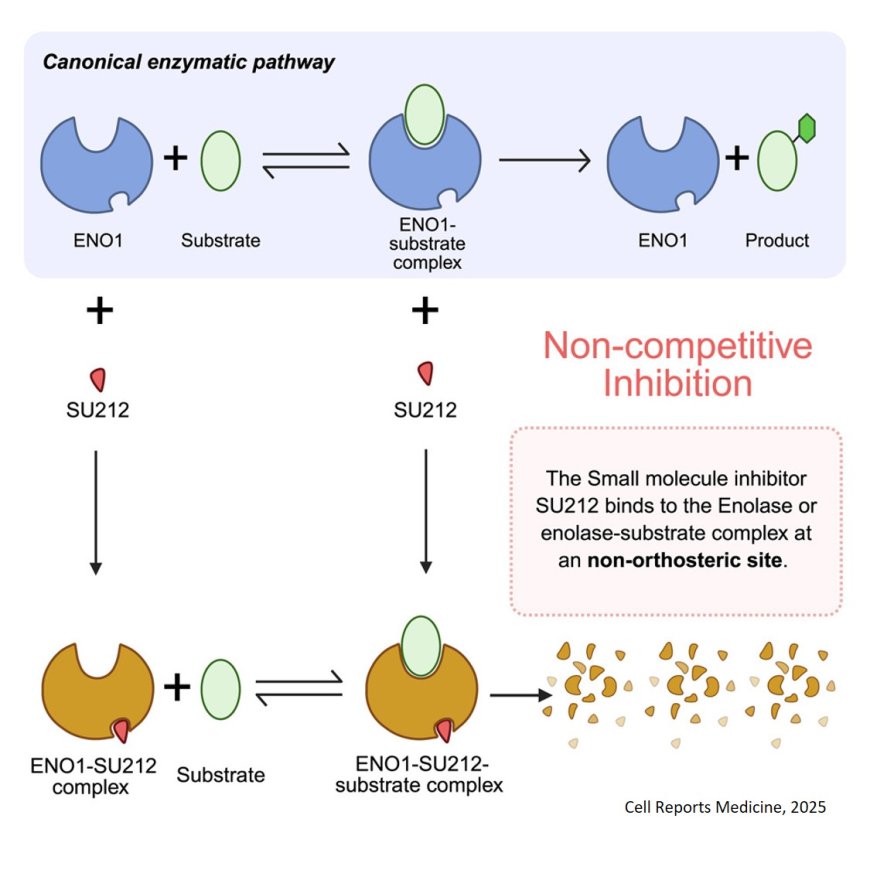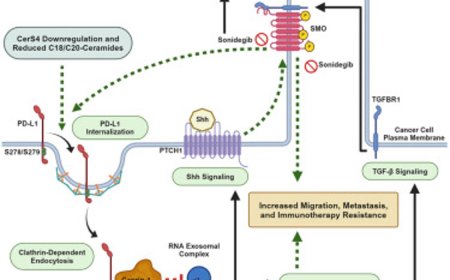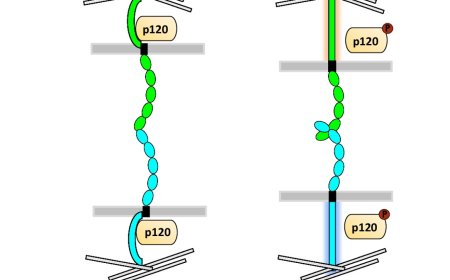Promising drug for aggressive breast cancer

A new molecule offers a promising avenue to treat intractable cases of triple-negative breast cancer — a form of cancer that is notoriously aggressive and lacks effective treatments.
In a study published in the journal Cell Reports Medicine, researchers describe the effect of a molecule known as SU212 to inhibit an enzyme that is critical to cancer progression. The research was conducted in a humanized mouse model.
“It’s an important step forward to treat triple-negative breast cancer,” said the senior author. “Triple-negative breast cancer is an aggressive form of cancer and there are no effective drugs available right now.”
The next step in developing a treatment involves advancing the molecule toward a clinical trial for people, a process that requires a substantial investment of resources to garner Food and Drug Administration approval and to initiate clinical trials.
The senior author said the molecule could also have a similar role in targeting other forms of cancer in addition to triple-negative breast cancer.
Triple-negative breast cancer accounts for as many as 15% of all breast cancers.
Using a humanized mouse model, researchers tested the molecule SU212 against triple-negative breast cancer. The molecule binds to an enzyme known as enolase 1, or ENO1, which regulates glucose levels inside human cells and is overexpressed in cancer cells.
The molecule induced the enzyme to degrade and ultimately suppressed tumor growth and metastasis in the mice.
Normally, the protein functions as part of the body’s metabolic process involved in breaking down glucose to produce energy in the cell. In suppressing the enzyme’s role in cancer cells, The author noted that the effect of SU212 may be especially important in treating cancer patients who also have metabolic diseases like diabetes, a chronic condition causing high levels of blood-sugar to build up in the blood.
In addition, the author expects SU212 could be useful in treating other cancers influenced by enolase 1, such as glioma, pancreatic cancer and thyroid carcinoma.
“A drug that targets enolase 1 could help improve the treatment of these cancers too,” the author said.
https://www.cell.com/cell-reports-medicine/fulltext/S2666-3791(25)00524-5












